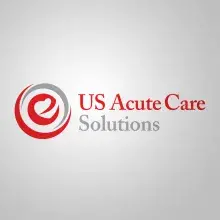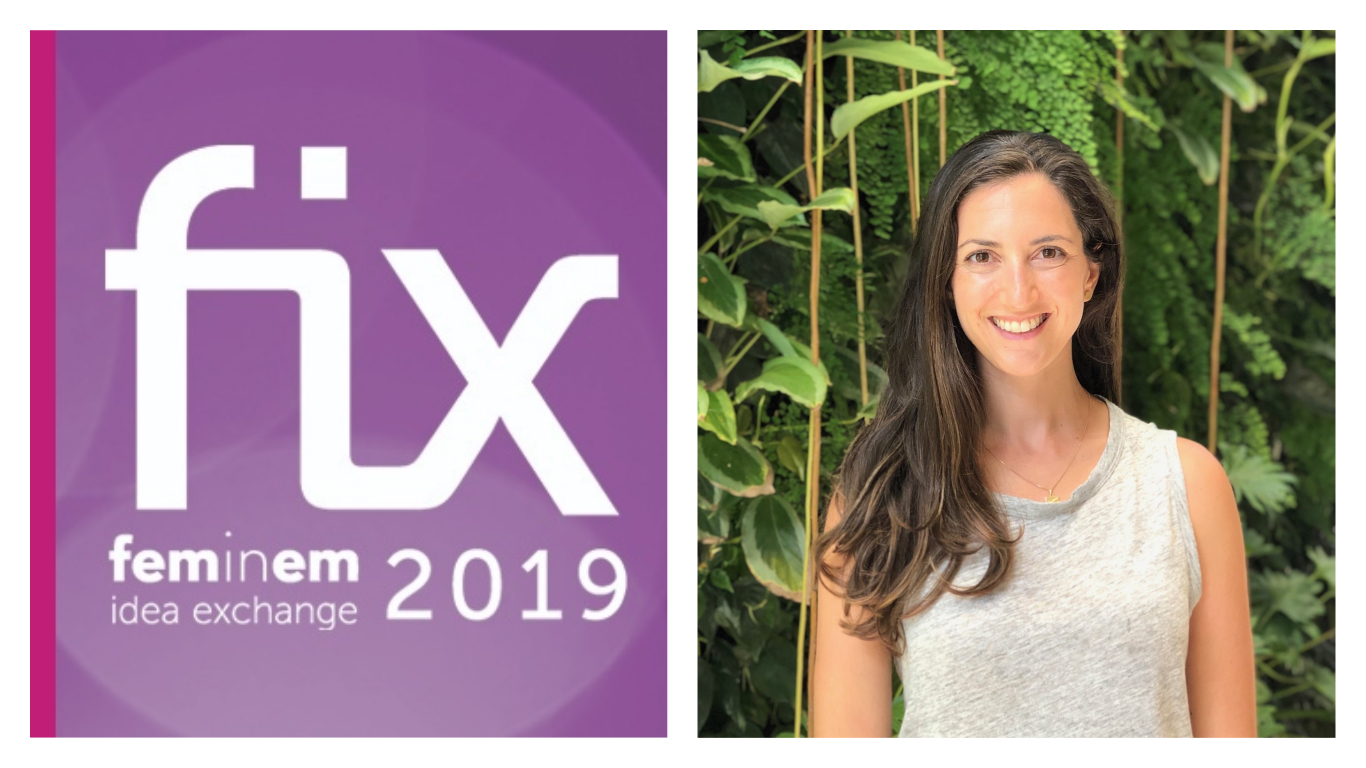From Vision to Action – FIX 19 Preview
with Jordana Haber
Our final preview features Jordana Haber, Director of Clinical Education for University Medical Center, Las Vegas, where she also is a USACS emergency physician.
US Acute Care Solutions is a sponsor of FemInEm’s Idea Exchange 2019 (FIX), a two-day event featuring – among other standard conference fare – 32 TED-style talks from women and men in Emergency Medicine.
Four of the physicians are affiliated with USACS, so we interviewed each of them to offer a Q&A preview of their talks.
Tell us about the talk you’re preparing.
My talk for FIX is “From Vision to Action.” Creating change is hard work, and most of us have not been trained in this skill set. We have great ideas, ideas we are passionate about, and that are important and needed, but we don’t have the tools to execute these ideas, and so we step away. In my talk, I will describe strategies to move a vision to action. These are strategies that I recommend each person in the audience start to use at the conference, to capitalize on the enthusiasm and resources they have at FIX, and to develop their personal vision, and commit their vision to action.
Why is it important to you to speak at the Feminem idea exchange?
I love that this conference pushes barriers, and challenges the status quo in so many ways. It is a movement. Feminem has brought many important topics to the forefront; we are seeing this in our own departments, in national policy, in the news and in our respected journals, and this is wonderful. I like collaborating with those who have a growth mindset, to be inspired and to inspire others. I hope to contribute in some way to this.
Tell us about yourself and your career path.
After completing my emergency medicine residency at Lincoln Hospital in the South Bronx, I knew I wanted to do a fellowship and dedicate time to developing my niche. I was most interested in medical education, and the process of how we train and learn to care for patients. Medical education fellowships in emergency medicine were just beginning to emerge during this time, and I was able to do a two-year education fellowship at Maimonides, which also included a Masters in Academic Medicine. I went into my fellowship with goals to develop my skills as an educator, and also to explore my interest in narrative medicine. During my fellowship I created a reflective written curriculum for my residents, and took an active role in ALiEM Book Club. Social Media was also becoming popular at this time, and I took advantage of this, connecting with others who shared my interests. This opened a lot of opportunities for me to speak at various conferences and work on several projects and writing opportunities. I am now the director of clinical education and the simulation director for the emergency residency program at UMC in Las Vegas. I love the mix of clinical work and opportunities to teach and mentor. I continue to think critically every day about the way we are training our next generation of physicians. The challenges and rewards are endless.
What are some of the reasons you become a physician?
It was not a straight path for me. I had many interests and wasn’t sure what I wanted to be when I grew up. I did always have women I looked up to. And these women were leaders who were making a difference in our world. I knew I wanted to find meaning in my work. I enjoyed time studying and appreciated a profession that would always be challenging and would feed my curiosity. I also wanted a profession that would most connect me with the human experience, and our narratives.
What are some issues that you are passionate about?
I am most interested in thinking critically about the way we are training our next generation to care for patients. I find there is a need to emphasize the narratives of our patients, and the narratives of the physician experience. Remembering that medicine is an art. To me, this is the most rewarding part of our work and also what patients most need from us. More recently, I’ve become interested in women leadership and promotion.
What drew you to USACS?
I moved to Las Vegas from New York in 2015, and knew that I wanted to work in an academic center. After interviewing at UMC, I knew this would be a good fit for me. I’ve enjoyed being part of the USACS family ever since!
What keeps you with our group?
Over the last three years, I have had two children. I had never considered before the importance of family leave, flexible hours and other maternity benefits. USACS makes this a priority, and it is a reason I recommend our group to others, and a reason I am proud to be part of this group.


